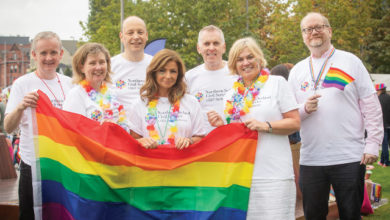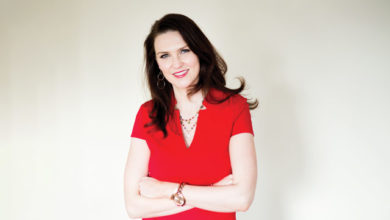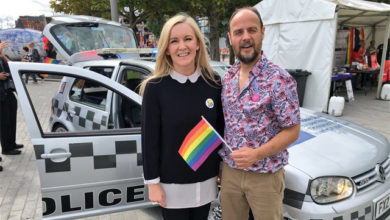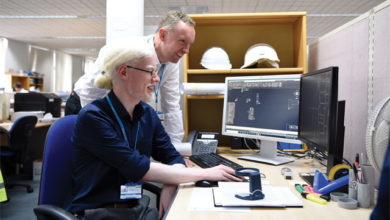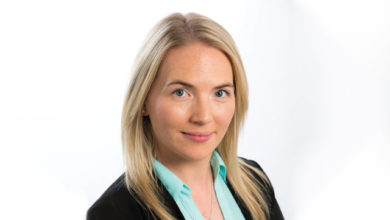BBC step back from Belfast Pride
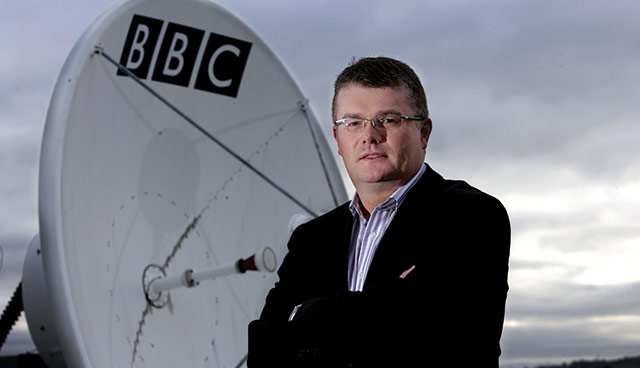
After originally defending its decision to take part in Belfast’s Pride parade for the first time, BBC Northern Ireland rolled back on supporting the protest parade in a formal capacity.
In July it was announced that members of a staff group, BBC Pride, were to join the Pride protest wearing BBC t-shirts. The move was broadly welcomed and placed the BBC as the latest in a number of public sector organisations in Northern Ireland to formally show leadership in the areas of inclusivity and diversity.
However, following complaints to the organisation, questioning its impartiality on the issue of same sex marriage reforms in Northern Ireland, the organisation u-turned and announced that BBC Northern Ireland, as a corporate body, would not be taking part.
In recent years Pride has become a platform from which private and public sector organisations, trade unions and political parties, amongst others, have chosen to show leadership in the areas of diversity and inclusivity through formal representation. Those taking part have ranged from Head of the Civil Service David Sterling to Taoiseach Leo Varadkar and uniformed PSNI officers.
Outlining “confusion” about the terms of the BBC’s involvement, in a statement BBC Northern Ireland Director Peter Johnston said: “We know that there are legislative issues specific to Northern Ireland in relation to same-sex marriage. These raise important considerations for the BBC in the context of its editorial guidelines, including the requirement to maintain due impartiality within our output.”
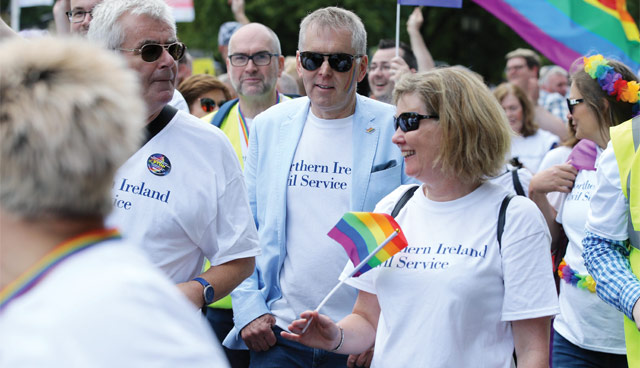
Prior to the u-turn, the BBC had dismissed criticism around its impartiality stating: “Our programmes continue to adhere to BBC editorial guidelines and values.”
It stated: “BBC Pride is a UK-wide initiative run independently by staff which brings together people of all sexualities working with the BBC offering friendship, support, advice and a wide range of events. A number of staff have now established the network in BBC Northern Ireland, where LGBT+ employees, their friends, family and colleagues will join staff in taking part in their local Pride parade, as BBC colleagues have with other Pride events around the UK.”
TUV Leader Jim Allister had said that the stance by the BBC showed it to be “emphatically, unequivocally, unapologetically, on the side of the political debate represented by the LGBT community.”
Pride, described by organisers as a means to highlight rights denied to the LGBT community, has evolved since the first demonstration in 1991 of some 100 protesters through the city centre to a now 10-day festival, with tens of thousands of participants. In 2018, the number of spectators at the annual procession was estimated to be some 55,000, with the 2019’s event surpassing that again.
In 2018, Head of the Civil Service David Sterling opened his Twitter account with a tweet from Pride, the first time the NICS had officially taken part, stating; “As an employer to 23,000 people, the NICS respects and values diversity and is committed to delivering an inclusive workplace for all our people.” Sterling was largely praised for his participation, although some criticism was levelled at his use of a “come out for change” hashtag.
However, a spokesperson for the NICS denied that the participation in Pride had a connection to Northern Ireland’s debate on marriage policy.
“Any change to marriage law in Northern Ireland is a matter for ministers. The participation of the NICS LGBT staff network and colleagues in the Pride parade has no connection to the debate on marriage policy but is instead a public demonstration of the NICS commitment to equality, diversity, inclusion and the creation of a working culture across the organisation where differences are celebrated and valued,” the NICS said at the time.
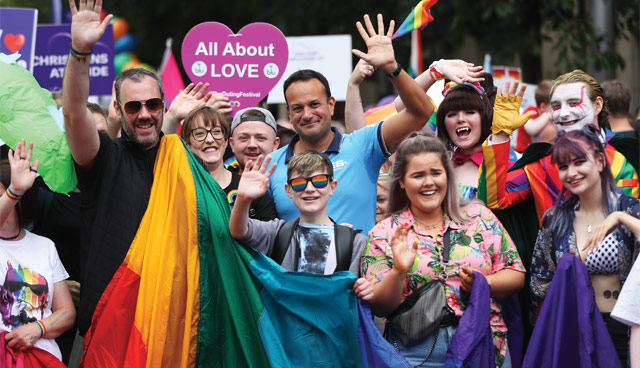
Announcing the BBC’s decision to step back from its original intended involvement, BBC Northern Ireland’s Johnston said: “None of this means that members of the BBC Pride network cannot be involved in Pride festivities in Belfast, but it does require BBC Northern Ireland to avoid creating the impression that it has a position on matters of political contention or controversy.
“As, and if, wider circumstances change, we will keep all of this under review. And we will continue to report and provide a forum for debate about issues relating to same-sex marriage in ways that are fair, accurate and impartial.”
He added: “Our fundamental commitment is to serving and reflecting the needs of all BBC audiences and to achieving that objective with a diverse workforce in which everyone is valued.”

